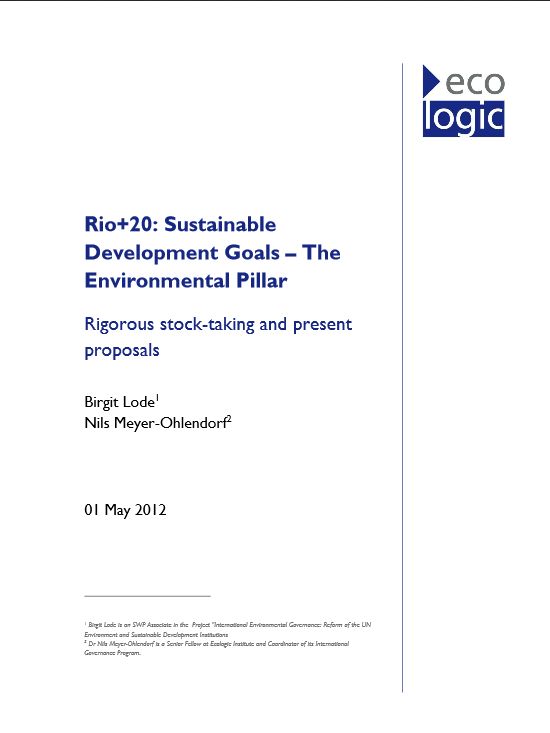Legal Instruments to Implement the Objective "Land Degradation Neutral World" in International Law
- Project
- Duration
-
-
The project Legal Instruments to implement the objective "Land Degradation Neutral World" in International Law was commissioned by the German Federal Environmental Agency. It aimed to explore the legal instruments in three different case study countries which could potentially be up-scaled to the international level to implement the land degradation neutrality target. The findings were translated into a breakdown of conceptual legal approaches to land degradation prevention, remediation/offsetting, and planning.
Land resources are under threat from various pressures, including increasing global populations, urban sprawl, waste disposal, unsustainable exploitation, intensification of use, and climate change. There has been international acknowledgement of the need to preserve existing land resources in an effort to ensure food security, ecosystem services, and biodiversity by preventing land degradation. Additionally, the need to restore the increasing amount of degraded lands has been highlighted.
Background
The international community incorporated the land degradation neutral world (LDNW) target into the final outcome document to the Rio+20 conference “The Future We Want” in 2012. Subsequently, discussions regarding how this target should be carried forward and incorporated into the Sustainable Development Goals (SDGs) began and the United Nations Convention to Combat Desertification (UNCCD) also initiated discussions about the target's incorporation into international legal obligations under the Convention.
Various possibilities for integration of the LDNW concept within international law have been suggested: a new international agreement, a protocol to the UNCCD, a thematic annex to the UNCCD, as well as other multilateral environmental agreements. With regard to the UNCCD, an Intergovernmental Working Group (IWG) was created to determine a common definition of the LDNW target and identify possible mechanisms to include under the scope of the Convention’s obligations.
Project objectives
This study was commissioned in order to contribute information on various existing mechanisms which could be upscaled into international obligations based on analysis of three different case study countries: the United States, Brazil, and the EU/Germany. The most relevant national legislative instruments (as well as some soft-law instruments) contributing to prevention, remediation/offsetting, and planning of land degradation were analysed, particularly focusing on the soil threats of erosion, contamination, sealing, and salinisation.
On the international scale, the United Nations Framework Convention on Climate Change (UNFCCC), the Convention on Biological Diversity (CBD) and the UNCCD were analysed for their existing provisions as well as gaps related to land degradation prevention, remediation/offsetting, and planning. The legal possibility of incorporating the target under the different agreements was also analysed with regards to amendment and addition of a new protocol. Finally, the conceptual approaches and legal mechanisms from the country case study analyses were assessed as to whether they would be potentially useful for international upscaling.
The report identifies multiple general legal mechanisms which would potentially be appropriate for upscaling into international law in order to contribute to prevention, remediation/offsetting, and planning against land degradation.






